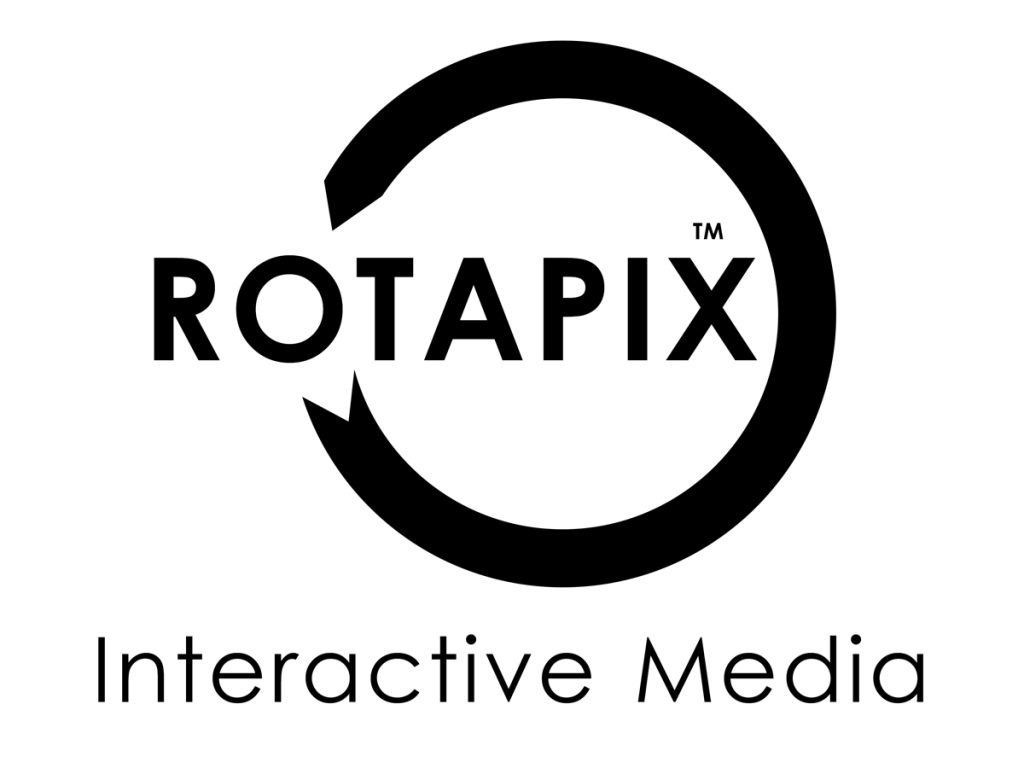Across the country, ai agents australia are changing how people find information. Instead of scrolling through pages of links, users ask a question and get a clear, helpful answer. To make that happen, these agents depend on well-structured content. They need facts that are easy to read, link, and verify. This is where generative engine optimization comes in. It focuses on shaping content so AI can understand it and present it correctly.
Think headings that explain the point, short paragraphs, clean lists, and consistent names for people, places, and products. When content is tidy, ai agents can surface your brand in summaries, overviews, and follow-up answers. It also helps with trust. Agents prefer sources that look consistent and authoritative. If your site uses clear language, logical layout, and simple proofs like citations and stats, you are more likely to be quoted. In short, smart structure feeds smart answers. And that is the heart of generative engine optimization for Australian audiences.
Connecting ai agents frameworks to Structured Content
The Role of Frameworks in Information Flow
Behind the scenes, ai agents frameworks coordinate how questions move through tools, data, and tasks. One module might find facts, another checks quality, and a third drafts the reply. If your content is well structured, each module can do its job faster. Clear headings signal where key facts live. Tables summarise specs. FAQs map nicely to user intent. The result is less confusion and better answers.
Making Data Easier for AI to Process
AI reads patterns. When your content follows a predictable pattern, agents extract meaning with fewer errors. Use consistent terms for your products and services. Keep URLs stable. Mark up entities like addresses, prices, and dates in a standard way. This helps ai agents frameworks connect your pages to user questions more often.
Quick wins you can apply today:
-
Add concise H2 and H3 headings that match common questions.
-
Include a short summary at the top that states the who, what, and why.
-
Use lists for steps, specs, and benefits so agents can quote them cleanly.
These simple moves improve comprehension for people and machines. They also reduce the chance that an agent will skip your content due to clutter or vague wording.
How ai agents Use Structured Data in generative engine optimization
When content is structured, ai agents can map it to user intent with less guesswork. They identify entities, match them to similar concepts, and assemble a helpful answer. If your page clearly states what a product does, who it helps, and how to use it, that information is more likely to appear in an AI summary. Agents also link context across pages. A well-named product page, a supporting guide, and a concise FAQ create a path that is easy for AI to follow. The agent can cite your main page, pull steps from the guide, and include a short answer from the FAQ. That is generative engine optimization in practice.
To keep this working over time, review your site structure and fix gaps. A quick AIReadiness Audit can show where headings are missing, where duplicated terms confuse meaning, and where metadata needs attention. An ai audit can also flag pages that load slowly, bury key facts, or use jargon that hides the point. Small changes add up to better visibility in AI-driven results. In the end, the goal is simple. Make it easy for ai agents to find the right facts, in the right order, with the right labels. Do that, and your brand stands a better chance of being the source users see and trust.
The Value of AIReadiness Audit in Content Strategy

Checking Structured Data Health
When businesses step into generative engine optimization, the first step is often making sure their content is machine-friendly. An AIReadiness Audit looks closely at how information is organised. It checks if headings follow a logical flow, if metadata is complete, and if product or service details are clear. This type of audit helps to reveal hidden gaps that may confuse search engines or ai agents.
An AIReadiness Audit also checks consistency. If your site lists prices in different formats or uses multiple names for the same product, AI systems may misinterpret the details. By fixing these issues, you increase your chances of being included in AI-powered answers.
Preparing for AI-Driven Search
Structured data plays a key role in whether your brand shows up in conversational results. An AIReadiness Audit does more than highlight problems—it creates a roadmap. It shows you where to add schema, improve page titles, or refine FAQs so ai agents australia can present your content as reliable. This preparation makes your site stronger for the future, where generative results will be the norm.
Linking ai audit Practices with Better GEO Results
An ai audit is slightly different from an AI readiness review. While readiness checks your structure, an ai audit looks at how well your systems perform in real time. It measures how easy it is for ai agents frameworks to crawl, extract, and understand your data. If errors appear, the audit explains why and how to fix them.
This process goes beyond traditional SEO. It focuses on making sure your information is both human-friendly and AI-friendly. That means clear language, logical layouts, and well-labelled data. When done right, an ai audit can improve visibility across multiple platforms that use AI to generate responses.
The result? Your business becomes a trusted source. AI tools and ai agents learn to rely on your content, which boosts your chance of being shown in generative summaries. This is the core goal of generative engine optimization—to be found, trusted, and quoted by AI-driven search.
Why Structured Data Matters in generative engine optimization
Helping AI Understand Context
Search engines are no longer just matching keywords. They are mapping meaning. With structured data, your content tells AI exactly what a number, date, or fact means. This clarity helps ai agents present your information correctly. It also prevents misinterpretation, which can otherwise damage trust.
Improving Ranking in Conversational Search
In generative engine optimization, being clear and structured boosts your ranking in conversational results. Instead of showing a long list of links, AI often provides a short summary. To be part of that answer, your content needs to be concise, structured, and easy to reference.
Adding schema, improving FAQ sections, and simplifying product or service descriptions all make it easier for ai agents australia to highlight your business. Over time, this leads to stronger brand authority and better user engagement.








